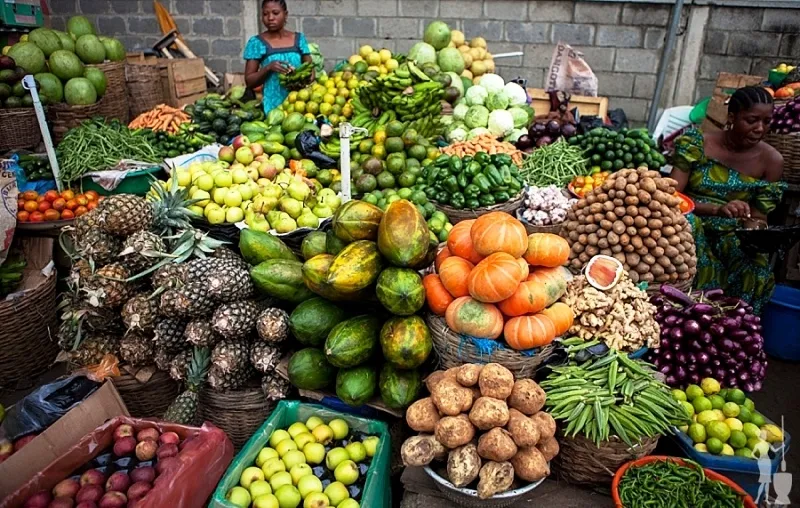There are no products in your shopping cart.
| 0 Items | £0.00 |


NIGERIA'S federal government has announced plans to establish a National Commodity Board that will intervene on the food market be regulating the price of basic items such as crucial grains other essential foodstuffs.
Of late, Nigerian food prices have just kept rising incessantly as the rising cost of fuel has had a devastating effect on the sector. With the cost of basic staples like gari, rice, cooking oil, yam, etc rising beyond the means of the average Nigerian, the federal government was forced to release national food stocks last week.
Speaking yesterday at a two-day, high-level strategic meeting on climate change, food systems and resource mobilization held in Abuja, vice president Kashim Shettima explained that the new board would be given the mandate to assess and regulate food prices. He added that it would also maintain a strategic food reserve for stabilizing prices of crucial grains and other food items.
According to vice president Shettima, food security was one of the eight areas of priority declared by President Bola Tinubu as part of his Renewed Hope Agenda. This, according to him, led to the declaration of a state of emergency on food security, adding that there are ongoing policy reforms by the administration to ensure food and water availability and affordability.
Vice president Shettima added: “Our solution to the potential food crisis is immediate, medium and long-term. The short-term strategy entails revitalising food supply through specific interventions like the distribution of fertilisers and grains to farmers and households to cushion the effects of subsidy removal.
“It also entails fostering collaboration between the ministries of agriculture and water resources for efficient farmland irrigation, ensuring year-round food production and addressing price volatility by establishing a National Commodity Board. This board will continually assess and regulate food prices, maintaining a strategic food reserve for stabilising prices of crucial grains and other food items.”
Despite Nigeria being the world's sixth largest agricultural producer, local food prices are high due to the poor storage and transportation facilities in the country. About a third of Nigeria's agricultural output goes to waste due to poor rural roads and the lack of refrigeration facilities.
Nigeria is the world's number one producer of cassava, yam, kolanuts, shea nuts and cocoyam and is among the top five producers of palm oil, groundnuts, cashews, pineapples, papaya, plantain, cocoa, millet, sorghum and gum arabic. Cash crops which Nigeria is a major producer of include cotton, coffee, rubber and timber.